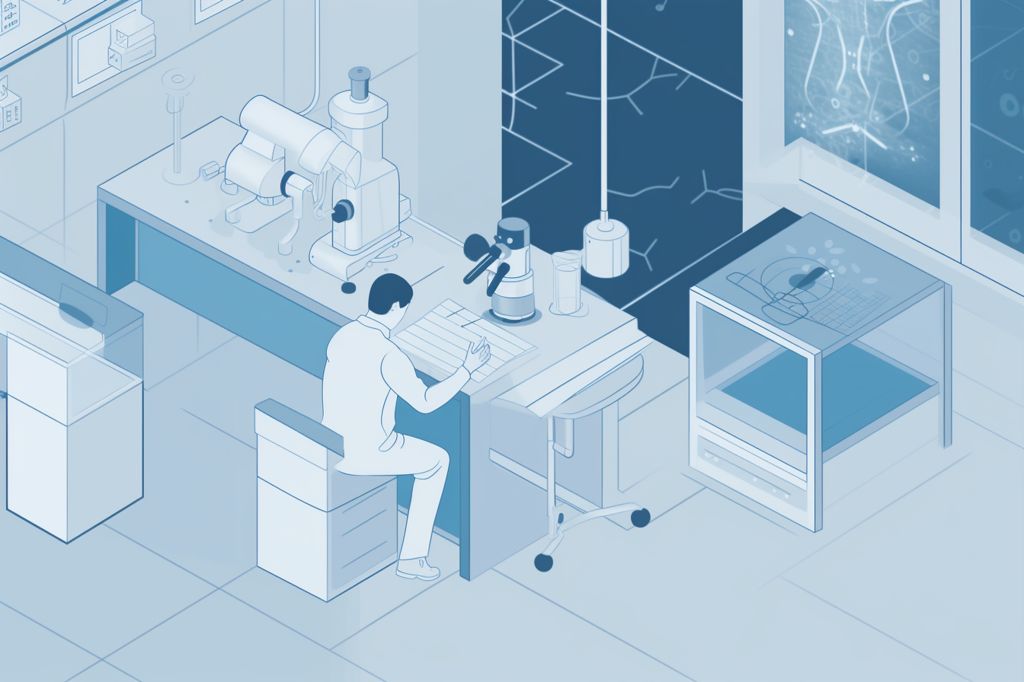Researchers Introduce AI to Forensic Sciences
Researchers from the Faculty of Engineering at Mahidol University are working on a project to improve forensic sciences for sex-related crimes using artificial intelligence (AI). The Broadcasting and Telecommunications Research and Development Fund for Public Interest (BTFP) has granted funding to support this pioneering endeavor.
The Growing Need for Advanced Forensic Techniques
The number of sex-related crimes has been on the rise in recent years, with nearly 9,000 rape cases reported between 2017 and 2021. Meanwhile, the number of medical workers and forensic scientists is dwindling. Consequently, police face challenges in gathering forensic evidence to prove an offender’s guilt, and the scarcity of workers in forensic pathology causes delays in lab tests.
AI’s Role in Accelerating Forensic Processes
Narit Hnoohom, a faculty professor and project leader, explains that the AI system can help pathologists detect sperm in samples more efficiently. The technology can increase the number of cases processed per day from 28 to 160, reducing the average processing time from 17 minutes per case to just three minutes.
Enhancing Precision with AI
Apart from speeding up the process, AI technology can also improve the precision of sperm detection up to 97.2%, according to Narit. The data fed into the AI comes from forensic scientists and forensic pathologists who have been closely involved in such cases.
Plans for Implementation
The faculty plans to launch the AI trial version at Siriraj Hospital. In the future, the system could be installed at the Institute of Forensic Medicine and Central Institute of Forensic Science to assist them in identifying sex offenders more effectively.
Impact on the Fight against Sex Crimes
The introduction of AI in forensic sciences for sex-related crimes has the potential to revolutionize the way investigations are conducted. With faster processing times and increased accuracy, law enforcement agencies can build stronger cases and bring offenders to justice more swiftly. The collaboration between researchers, medical professionals, and AI technology could mark a significant step forward in tackling and reducing the prevalence of sex crimes.




